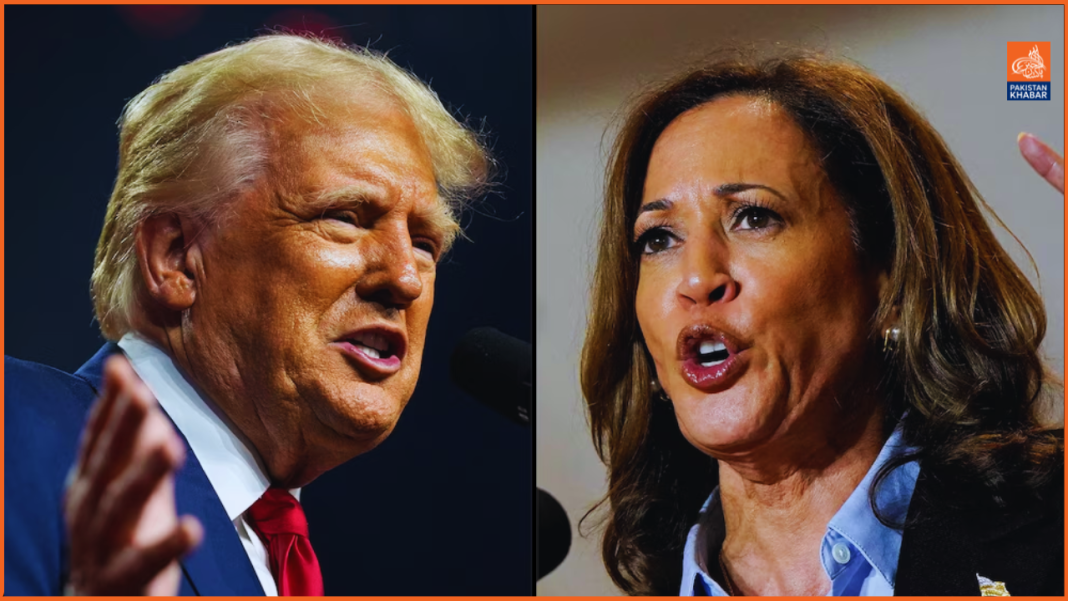Vice President Kamala Harris and former President Donald Trump are trading political blows as they campaign in crucial battleground states, just weeks away from the 2024 US presidential election on November 5.
October has been particularly eventful for the United States, with two significant hurricanes—Helene and Milton—impacting a large part of the southeastern region. In the wake of these disasters, some Republican conspiracy theories have emerged, claiming that President Joe Biden, Harris, and the Democrats are intentionally withholding disaster aid from Republican areas. Trump himself made similar claims without evidence after Hurricane Helene struck states like Florida, Georgia, South Carolina, North Carolina, Virginia, and Tennessee two weeks ago.
Jennifer Clark, an associate professor of political science at the University of Houston, noted, “In situations like this, most people tend to trust elected officials. Since Trump was the president, he wields considerable influence over many Republicans, making them more likely to believe in these conspiracy theories.”
Clark explained to Anadolu that partisan conspiracy theorists and misinformation campaigns on social media could influence voters for both Trump, the Republican nominee, and Harris, the Democratic nominee. This is especially true when falsehoods target their respective political bases.
She highlighted a major issue with social media: once information is posted, it spreads rapidly. “If someone tweets something, it can rapidly attract a lot of attention. Even if you later correct or delete the post, the original message will remain there.” Most people don’t bother to check for the real facts or look back to see if there are any corrections, like community notes,” she said.
Clark also referenced the August presidential debate between Trump and Harris, during which Trump made false claims about Haitian migrants in Springfield, Ohio, stating that they were “eating dogs… they’re eating cats, they’re eating pets of the people who live there.”
“It’s already out there, and the misinformation keeps spreading. In today’s social media age, things can go viral so quickly. People share information without even fact-checking it first, which means that the perception becomes reality in politics,” she noted.




